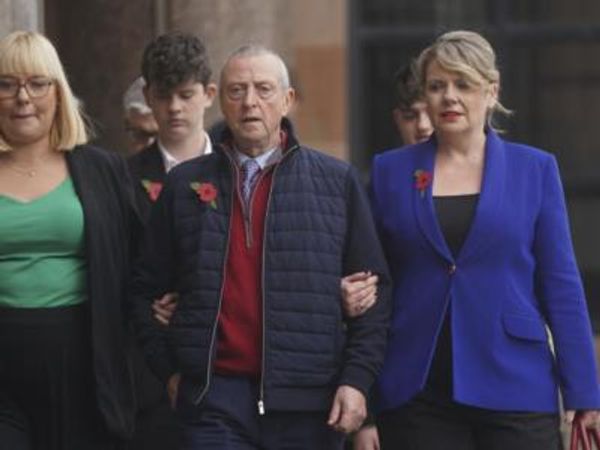
Would it concern you to learn that the major political parties in Australia do not exist? I’m not being existential here, it’s a real question. According to some courts, but not others, in a real legal sense they are mere figments.
Most people would be surprised to know that the Liberal Party of Australia and the Australian Labor Party are not legal entities. They’re not corporations, incorporated associations, credit or trade unions, friendly societies, chartered institutes or any of the more exotic forms of non-human creation which the law treats as having the same status as an actual person.
The parties are unincorporated associations, rather like the tuckshop committee or your footy tipping pool. The law recognises that these creatures exist in a practical sense, but not in a way that gives their members contractual rights against each other.
This state of non-existence has advantages; for one thing, you can’t sue them. It also means they enjoy fluidity in their internal processes, since their governing rules aren’t enforceable.
Of course, the parties do exist for we, the people, because in the modern form of democracy they effectively wield both all the political power and the levers of public expenditure.
If it is uncomfortable to think that there’s a murky insubstantiality to all this, it should.
Both parties have been in court lately fighting over the same question: a takeover by the federal party of the preselection processes for candidates in the coming election, overriding the wishes and autonomy of state and local party branches. That is to say the scourge of captains’ picks — parachuting party headquarters’ preferred candidates into safe seats against local wishes.
In Victoria, Diana Asmar led a group who sued Labor leader Anthony Albanese over his imposing federally selected candidates in that state. That case was decided by the Victorian Court of Appeal in February. Albanese won.
In NSW, state Liberal Party representatives took on Prime Minister Scott Morrison, who had done the same thing to them. The NSW Court of Appeal gave its decision yesterday. Morrison won too.
So far, so consistent — good news for control freaks and bad news for grassroots democracy. However, the two state appeal courts came to opposite conclusions on a very important legal question: can disputes about the governance of the political parties be litigated in and determined by the courts? Victoria said yes; NSW said no. And, rudely, NSW said that Victoria was “wrong”.
I won’t go too much into the arcane legal argument which revolves around a High Court case from 1934. The established principle is that disputes about unincorporated associations’ constitutions and decisions made under those constitutions are not “justiciable”; that is, the courts have no jurisdiction to deal with them. These disputes are deemed “domestic”, meaning it’s beneath the courts to waste their time with such trifles.
The Victorian court felt that the principle, while it used to apply to political parties, doesn’t these days because the parties have been given a much more prominent and important role in the process of elections. Therefore, for electoral purposes they exist, and therefore their internal disputes can attract the attention of the courts.
The NSW court said you’re wrong. Yes, political parties are recognised by the modern Electoral Act, which requires that they be registered and have a written constitution, but that doesn’t mean they are converted into legal entities. They are still just glorified clubs.
The significance is made clear by the NSW court’s decision, which said that just because a person has been preselected under the party’s rules to be its candidate as far as the law is concerned that means nothing. They become the candidate when the registered officer of the party notifies the Electoral Commission that they are the candidate, and not before.
That the registered officer will do so, said the court, is for the candidate a mere “hope”. Until then “the members of his or her party might change their minds”. And if they do, there’s nothing to be done about it.
Hmmm. The Liberal Party changing its mind about a candidate who won preselection. When has that happened before, I ask rhetorically while reading about Morrison and his preselection rival candidate for the seat of Cook in 2007, Michael Towke.
For the law, it is unattractive that the top courts of the two biggest states are at odds on an important question, and we must hope that the NSW case goes to the High Court so it can resolve the issue of principle definitively.
It remains, though, deeply problematic that these ephemeral entities continue to operate as political parties in Australia. Modern government has long since moved away from true representative democracy to a system dominated by party machines. These machines control everything that matters. That they are allowed to persist as nonentities is untenable.
These unseemly spats over preselection may be just the sewage of politics as usual coming to the surface as it tends to do around election time; but they have exposed a structural flaw. One thing Liberal and Labor will agree on, though: they won’t want to do anything about it.
Should captains’ picks be scrapped — or does it depend on the captain? Let us know your thoughts by writing to letters@crikey.com.au. Please include your full name to be considered for publication. We reserve the right to edit for length and clarity.







